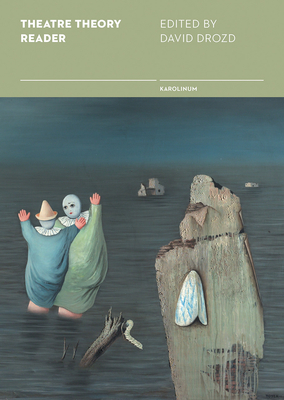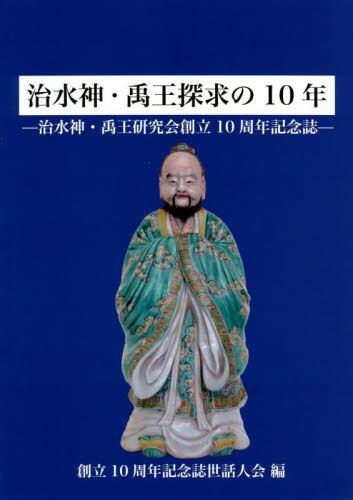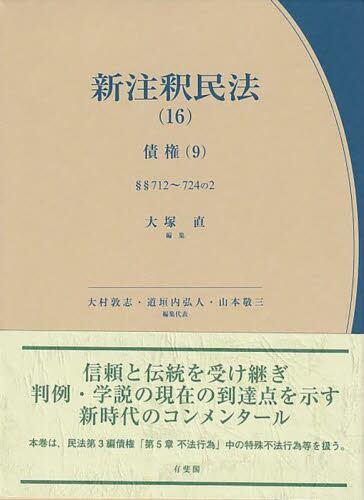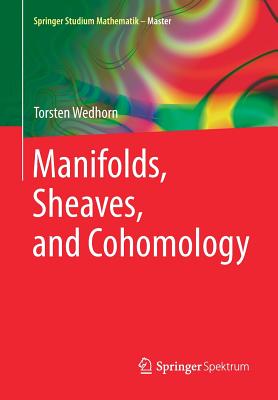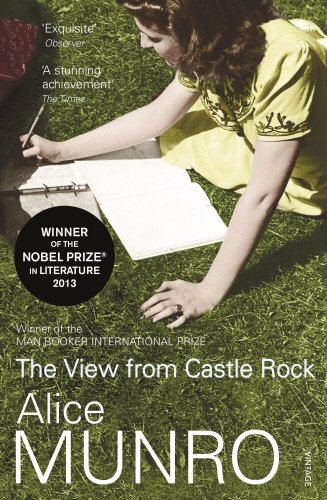
BIOETHICS IN SINGAPORE:THE ETHICAL MICROCOSM
新加坡的生物伦理学:伦理微观世界
生物工程
¥
1280.00
售 价:
¥
960.00
发货周期:预计3-5周发货
出版时间
2010年07月20日
装 帧
精装
页 码
344
语 种
英文
综合评分
暂无评分
- 图书详情
- 目次
- 买家须知
- 书评(0)
- 权威书评(0)
图书简介
This book provides an analysis of the ways in which the BAC has established an ethical framework for biomedical research in Singapore, following the launch of the Biomedical Sciences Initiative by the Singapore Government. The editors and authors have an intimate knowledge of the working of the BAC, and the focus of the book includes the ways in which international forces have influenced the form and substance of bioethics in Singapore. Together, the authors offer a comparative account of the institutionalisation of biomedical research ethics in Singapore, considered in the wider context of international regulatory efforts. The book reviews the work of the BAC by placing it within the broader cultural, social and political discourses that have emerged in relation to the life sciences since the turn of the 21st century. This book is not primarily intended to be a retrospect or an appraisal of the contribution of the BAC, though this is one aspect of it. Rather, the main intention is to make a substantive contribution to the rapidly emerging field of bioethics. Ethical discussions in the book include consideration of stem cell research and cloning, genetics and research with human participants, and focus on likely future developments as well as the past.
Many of the contributors of the book have been personally involved in this work, and hence they write with an authoritative first-hand knowledge that scholars in bioethics and public policy may appreciate. As indicated above, the book also explains the way in which ethics and science — international and local — have interacted in a policy setting. Scholars and policy makers may find the Singaporean experience to be a valuable resource, as the approach has been to make the ethical governance of research in Singapore consistent with international best practice while observing the requirements of a properly localised application of universally accepted principles. In addition, at least three chapters (the first three chapters in particular) are accessible to the lay reader interested in the development of bioethics and biomedical sciences, both inside and outside Singapore, from 2000 (the year in which the BAC was established). Both scholars and interested lay readers are therefore likely to find this publication a valuable reference.
Key Features
• The book provides a comprehensive insight into the issues and problems faced by a rapidly emerging research culture with international interfaces. The problems faced by culturally diverse Singapore, and the solutions adopted, will be of interest to readers in other developing and developed economies
• To the knowledge of the editors, there has been no publication that has been produced on the subject of bioethics in Singapore, and it is unclear that a comparably in-depth study of the development of regulatory principle and practice has been produced anywhere. This book is thus a unique case study of ethical thinking within a national jurisdication
• The book includes original contributions from some extremely distinguished international figures, some of whom have served on the BAC or as international advisors to it. This category would include Martin Bobrow, Alastair Campbell, Bartha Maria Knoppers, Edison Liu, Bernard Lo and Thomas Murray. This book is not an official account; the opinions of the authors are their own
本书暂无推荐
本书暂无推荐
